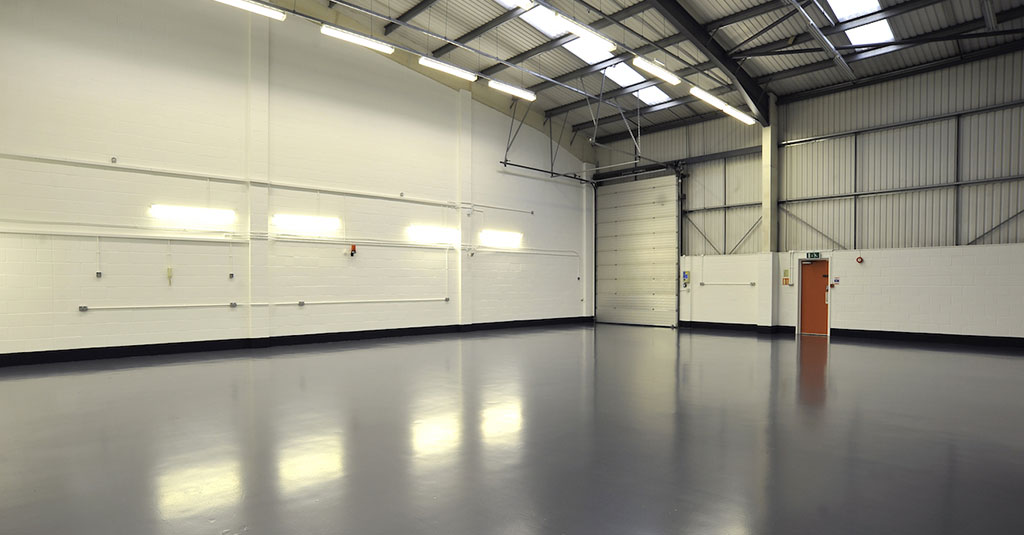
Learn The Difference Between Epoxy, Polyurethane or Polyaspartic Coatings
Concrete is a remarkably durable flooring material for all environments, but for the best results, it needs to be sealed. There are several types of coatings that can be used to seal your concrete flooring, including epoxy, polyurethane and polyaspartic coatings. They all have distinct benefits, but which one is the best option? Learning about the options and their differences can help you choose the best one for your space.
Epoxy Coatings
Epoxy flooring is most commonly used in a high-traffic or food-preparation area and can also be used for countertops and cement-based overlays. It’s easy to apply, has powerful bonding capabilities and offers a strong, impact-resistant surface that lasts. Epoxy self-levels, which means that as it is applied, it fills in even the smallest fissures and imperfections and protects against future scratching and abrasions. Although it’s strong, it can be discolored by UV damage. Some epoxy coatings contain UV inhibitors, but they can still develop a slight yellow tint over time if they’re exposed to the sun.
Polyurethane Floor Coatings
Polyurethane flooring is a thermosetting high-performance polymer much like epoxy, but it’s often used as a top coat over epoxy. They are not used alone because they do not typically bond well to concrete, and it has a thin film thickness that does not work effectively in self-leveling. Polyurethane coatings also tend to be solvent-based, which means they have high VOCs and will require a respirator to apply.
Polyaspartic Polyurethane
Polyurethane coatings are usually only a few millimeters thick and cannot be adjusted the way epoxy coatings can be. However, polyaspartic aliphatic polyurethane is different. Much like epoxy, it has incredible impact resistance and chemical resistance, but unlike conventional polyurethane, it’s UV stable and won’t yellow when exposed to sunlight or other sources of UV light. It’s scratch resistant and strong even when exposed to significant changes in temperature and humidity.
As with conventional polyurethane, aliphatic polyurethane is typically used in conjunction with an epoxy coating and is ideal for use in high-traffic area to enhance scuff- and stain-resistance, on concrete countertops, or on stamped, colored or exposed-aggregate concrete. Perhaps just as importantly, aliphatic polyurethane can be low or zero VOC if they’re solids-based. They dry and cure quickly and are just as durable as conventional epoxy floors.
The Bottom Line
While no single flooring system is ideal for all situations, polyaspartic coatings do have superior adhesion with older epoxy coatings that are still bonded to the substrate. They cure in a matter of hours compared to the days required for conventional epoxy or polyurethane flooring systems to install, which saves time and money. Polyaspartic coatings can be applied in both cold and hot temperatures and can be used as a top coating over epoxy or as a stand-alone flooring system, making it a great choice for many situations and applications.
About Blackrock Industrial
Blackrock Industrial specializes in epoxy flooring, including concrete polishing and resurfacing, sealing, self-leveling and terrazzo floors. We offer a variety of seamless, long-lasting flooring solutions for residential, commercial and industrial environments throughout the South and Central Florida regions. Call us today to learn more or to schedule an appointment with our team.
Contact Us For A Free Quote


